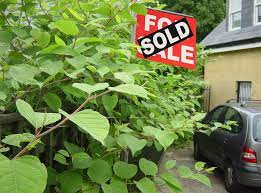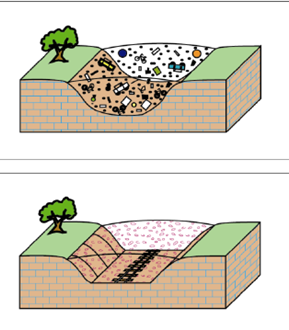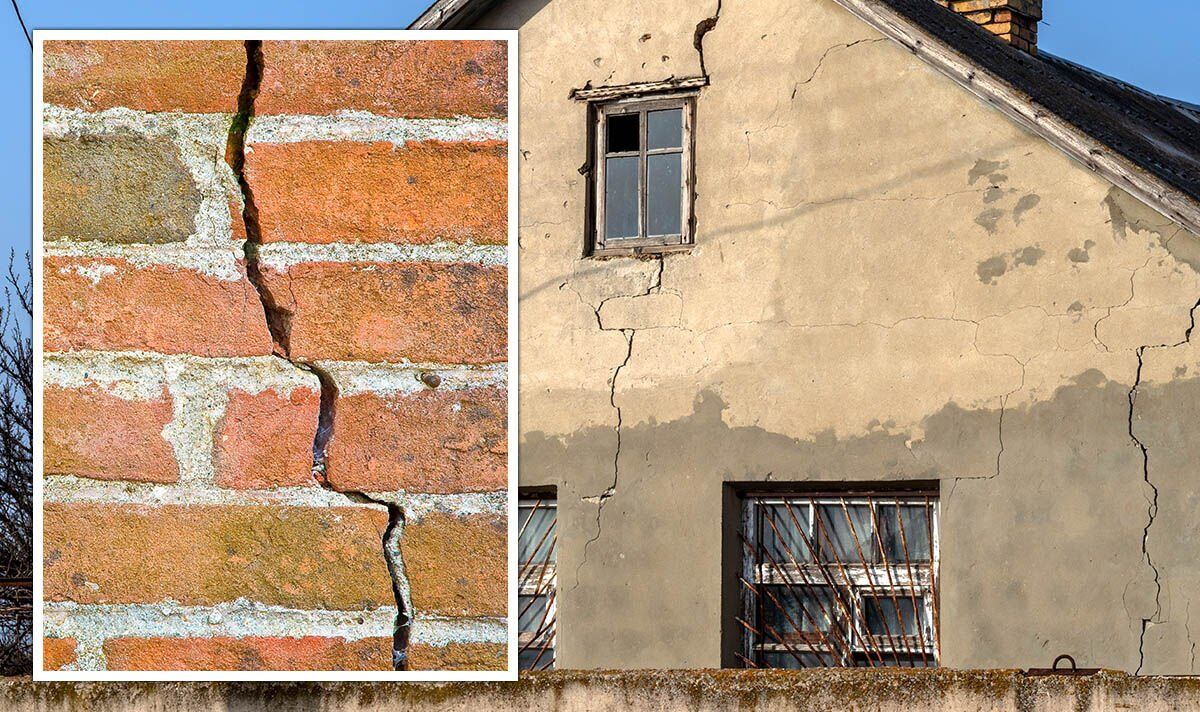Artificial ground, also known as made land is an area which has been previously excavated…

Japanese Knotweed claims up
It is reported by Environet UK that legal claims against vendors over Japanese Knotweed have risen sharply over the last year, due in part to buyers and sellers rushing transactions to win stamp duty holiday savings.
Environet UK says there has been a 25% year-on-year increase in misrepresentation cases because a seller has failed to declare the presence of knotweed on their property. The Law Society’s TA6 form, completed as part of the conveyancing process, requires sellers to state whether the property is “affected” by Japanese Knotweed. A seller needs to be certain that no knotweed rhizome is present, including beneath the ground and within three metres of the boundary, in order to respond ‘No’ to the Japanese Knotweed question. However, some sellers declare their property to be knotweed-free without carrying out the appropriate checks – only to find themselves on the end of an unpleasant and costly misrepresentation claim when it is later discovered.
Buyers can claim for the cost of treatment and the resulting diminution in the value of the property – knotweed can knock up to 10% off the value of a home. For a seller, defending a misrepresentation claim can be difficult as, even if Japanese Knotweed doesn’t reappear until after the sale completes, a professional can still determine exactly how old the knotweed is and therefore the seller can be left with a hefty financial claim if it’s discovered it was present at the property prior to the sale.
Environet UK says the only way of knowing with a high level of certainty whether or not a property is affected is by using specially trained sniffer dogs, which can detect the scent of the knotweed root beneath the ground https://wessexsurveyors.co.uk/2020/09/could-dogs-be-the-future-of-japanese-knotweed-detection/
Sellers have a legal obligation to declare the presence of Japanese Knotweed on their own or neighbouring properties and if they try to conceal the plant it can be a very costly mistake.
(Source – The Negotiator Oct 21)



